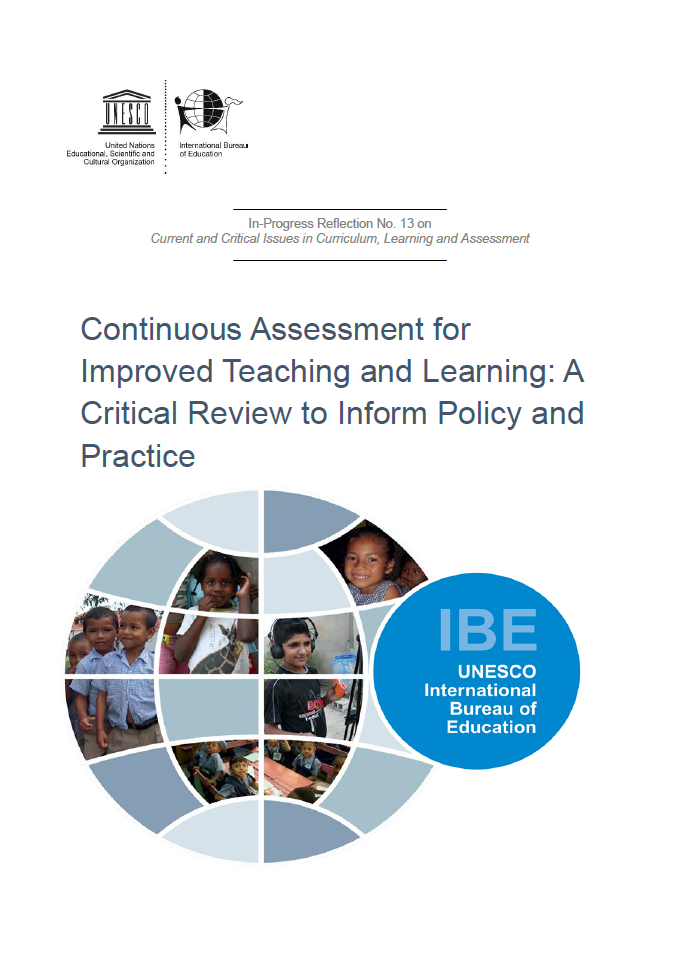Continuous Assessment for Improved Teaching and Learning : A Critical Review to Inform Policy and Practice
Abstract
The prominence of evaluation and assessment within the Incheon Declaration: Education 2030 mirrors simultaneously the vital importance of data in the pursuit of the new global Sustainable Development Goals (SDGs) and the decades-long trend of evermore student testing around the world. This report focuses specifically on continuous assessment and has two main aims: to elucidate what continuous assessment is and why it is important, and to identify a range of issues which are fundamental to the effective implementation and usefulness of continuous assessment in the classroom. The analysis focuses on classrooms in low-income countries that often face particularly problematic challenges. The concept and practice of continuous assessment is understood in part through its differences from standardized assessment, whilst at the same time it functions with summative and formative forms. The report aspires to deepen the distinctions between these two forms of continuous assessment, to demonstrate their complementarities, and to plumb their technical dimensions to promote its improved use. The hope is to help education systems, educators, and education partners, wherever they may be, to make decisions and take actions to reap the fullest advantage of continuous assessment as a key factor in achieving quality education.


